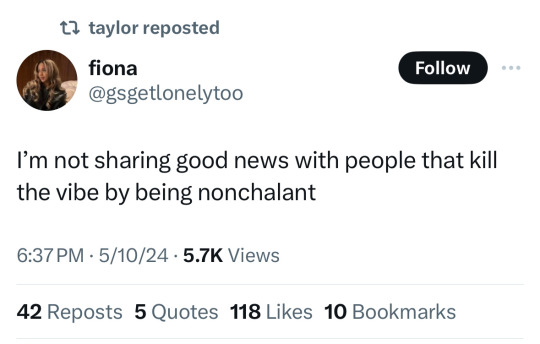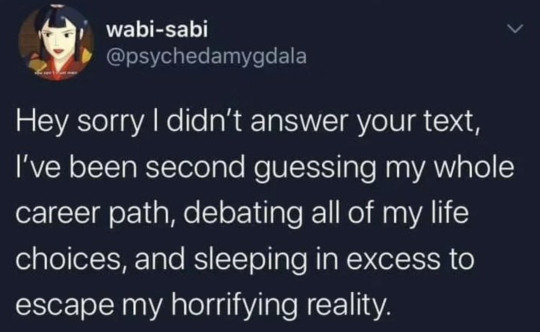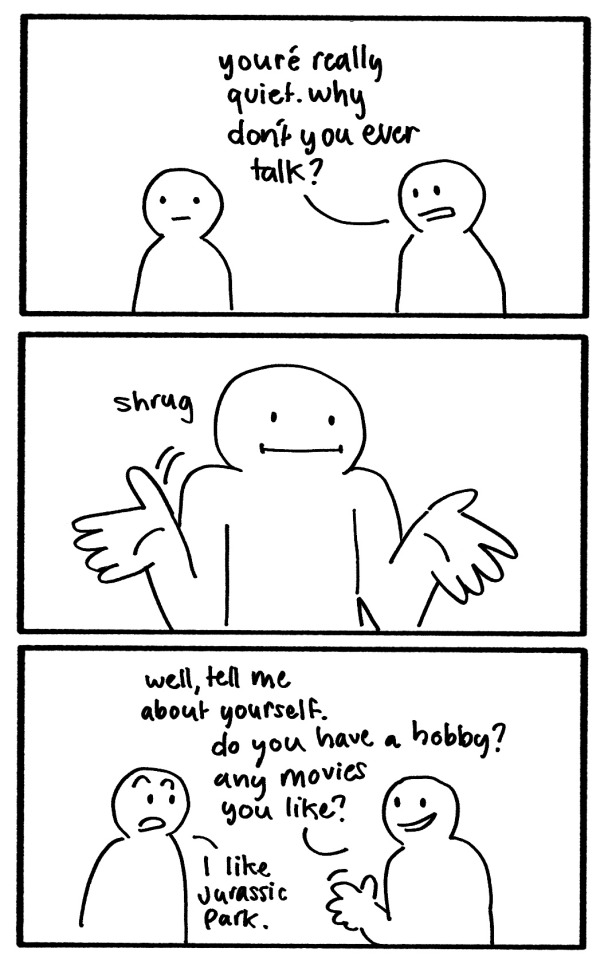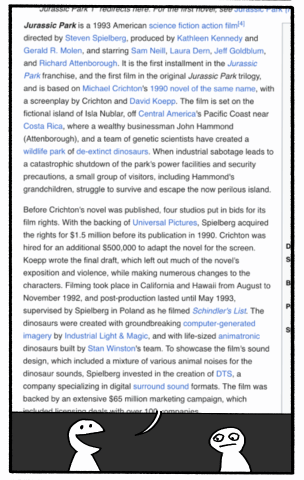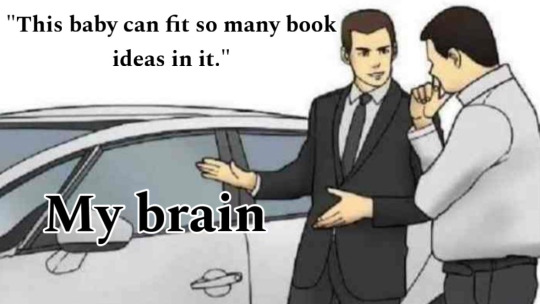Text
i'm AWARE this is a stupid hill to die on, but like. trope vs theme vs cliché vs motif vs archetype MATTERS. it matters to Me and i will die on this hill no matter how much others decide it's pointless. words mean things
76K notes
·
View notes
Text
well, didn’t know i was gonna need to see this.



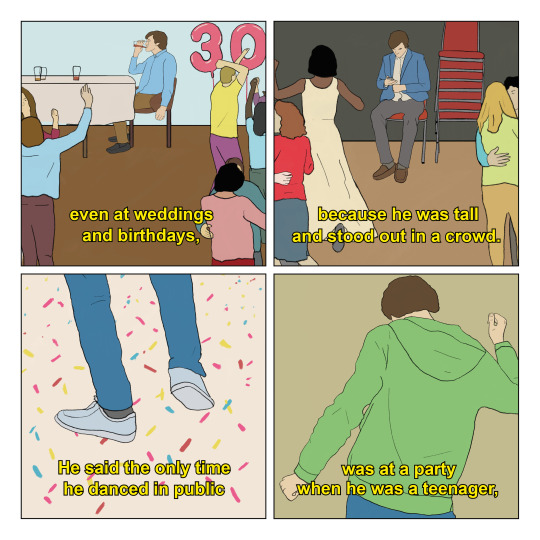


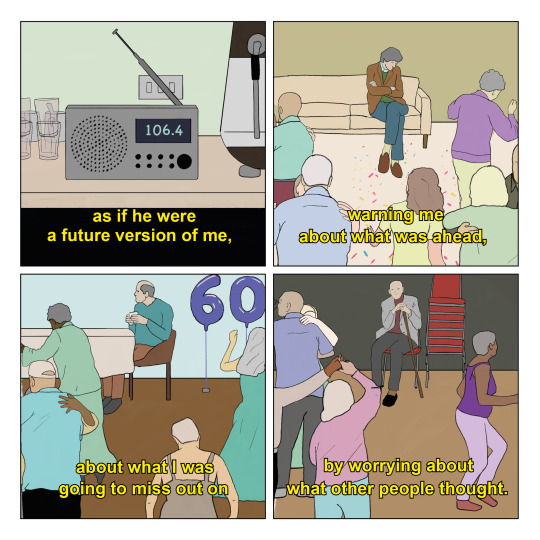
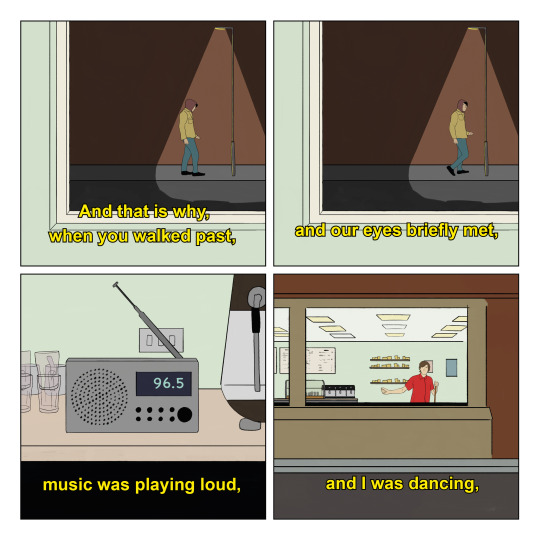

To The Person Who Walked Past The Window - Jordan Bolton
My first book ‘Blue Sky Through the Window of a Moving Car’ is now available to pre-order! Get it here - https://smarturl.it/BlueSky
51K notes
·
View notes
Text
Writing Character CHANGE
Character development is absolutely CRUCIAL to a story, but having spent more time thinking about this topic, I came to the realization that I misunderstood a lot of points other people have made when teaching how to write character development.
There are a lot of factors that play into character development, but in this post, I'll cover some overall, but the main thing concerns any change to your character! (Which is also a huge part in development, really.)
So with this post, I'll be teaching you MY personal tips regarding this subject!
*The Basics*
Before we really get into the developmental stage, there are some things you want to establish, in which I'll explain later!
A couple of flaws.
How your character views themselves at first.
Your character's morals/ideals and how they think.
These things may vary, but you want your readers to be able to at least roughly predict how your character will act during specific events!
*Change*
Character development is just about how your character changes throughout the story. I like to say that there are several different ways one may change, (we'll get into that later on) but your character should NOT stay the same as the same person during the exposition and during the resolution!
"During character development, your character should grow."
This is a common piece of advice; your character needs to grow. And while I've assumed for the longest time that I understood what it meant, it never truly clicked.
While they will use words such as grow, what they really mean is that your character should mature. By the end of your story, your character may not always end up as a better person. When I say mature, I mean that they have reflected back on their life and have understood the consequences that came with their actions (if any) or how they could've done things differently.
Your character will not always end up as a better, fixed person, but they should understand their world and themselves better.
*Negative/Passive Change*
Alright then, so how does a character develop if they don't necessarily change for the better? Well, I'll get into that!
No matter what, your character should have learned a lesson through their experience. Even if they haven't exactly improved as a person, there should be a moral they can learn from what they have gone through.
If not, then did they really grow?
Additionally, how did their qualities negatively impact themselves? If they are bad traits, then it needs to be clear. And the best way to achieve this is by demonstrating how it hurts your character! However, it is rather uncommon for a character to undergo little to no change after a story!
*Positive Change*
Let's circle back to the basics, real quick. Remember how I said that before any development takes place, your character should be anything but perfect? That same thing applies to after the change.
Do NOT create a flawless character by the end of your story. Instead, focus on one or two flaws that get fixed as the story continues. These don't have to be huge, life-changing imperfections, but they can be minor ones that still shape their life in one way or another.
"Fixing" too many shortcomings can make your character seem, well, out of character, producing a character development that's more forced. The same thing applies if you're attempting to FULLY alter a fault that's just too big. The change will be too noticeable.
What am I talking about? Here's an example!
Imagine a character who's incredibly closed off to other people, wanting to ensure that he never gets too close to others.
That's a pretty sizable flaw, no? By the end of your story, you do not want to completely change because you need to preserve character, but you can change it a bit. Does he have a few friends now? Does he understand that there are some people worth trusting?
He may still be closed off to majority of people, but at least it's not everyone, and that's a realistic change.
*Different Changes*
As I continue to read more stories and watch more shows, I have realized that character development is not always about fixing flaws or personality, but it can extend far past that line.
So listen up, because I feel like no one really talks about this.
Your character can change their IDEALS, MORALS, and how they VIEW THEMSELVES.
Hear that? If your character has strong morals, they will hardly stay the same as they reach the end. Remember the requirements I mentioned at the beginning?
See how it connects now? There is SO much more to character development than changing a few imperfections. Like I said in the start, your character needs to grow and mature. Things like new morals or ideals assist with that!
*SUMMARY*
In order to start character development, you need a couple of flaws, an idea of how your character looks at themselves, and their morals. This is because those are the main parts of you character that may change through time.
Growth = Maturing (gaining a better sense of who they are and the world they live in.)
NOT ALL CHARACTER DEVELOPMENT IS POSITIVE!
For negative or passive change, make sure to clarify how their imperfections affected or hurt them and have some sort of moral that follows.
YOUR CHARACTER SHOULD NOT BE PERFECT!
They should not be perfect in the beginning, and not perfect in the end! Do not 'fix' too many traits because you want to preserve character.
I think that's all! It's quite the post for something so simple, eh? But hey, character development is absolutely PIVOTAL to a story so I hope I at least explained the 'change' part of that well!
Happy writing~
3hks <3
1K notes
·
View notes
Text
im one hundred percent sure this happened in a movie in the 80s/90s.
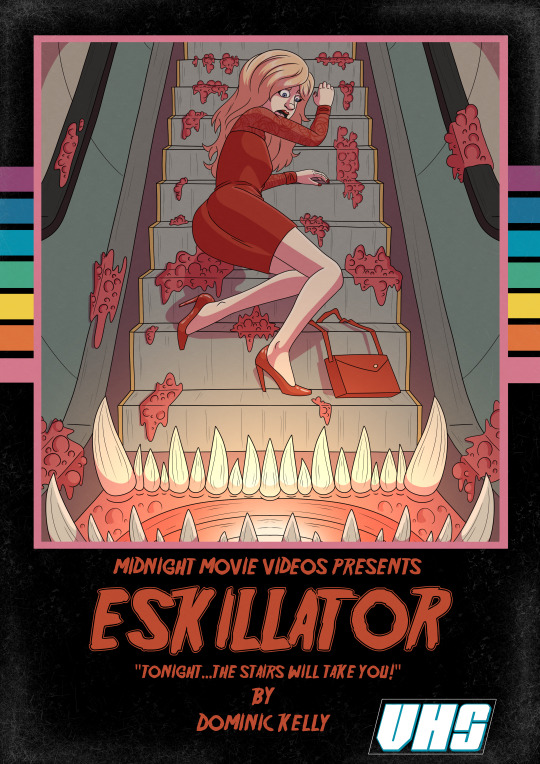
A mock up cover for a fake horror movie in the style of an old VHS cover.
Been wanting to try and do more covers for things in general and decided to set myself a little challenge and come up with covers for fake horror stories, this being the first.
Can't wait to try some more!
7 notes
·
View notes
Text
i could open a new document and write a symphony about this.
This is what's happening to me right now lol.

2K notes
·
View notes
Text
writing tips/inspo/help
Character Movements #1
Punctuating Dialogue
50 WORDS TO USE INSTEAD OF “SAID”
traits turned sour
DESCRIBING THE PHYSICAL ATTRIBUTES OF CHARACTERS:
Vary your language with synonyms to use instead of "said"
WEBSITES FOR WRITERS
Descriptions in Between Dialogue
switch up your verbs (part one) ~
words to use when writing
writing resources - smut
Writing Resources: References
Writing Resources: Advice and Motivation
Writing Resources: Basics
Writing Resources: Characters
Writing References: Narratives
words to use when writing
writing perfect betrayal
toxic traits
words to use instead of...
fight scene
how to create a supermarket setting
kissing vocab
smut writing
3K notes
·
View notes
Text
Let's talk about fight scenes.
Writing fight scenes requires a delicate balance of action, emotion, and detail to keep readers engaged and immersed in the moment.
Here are some tips to craft compelling fight scenes:
Know your characters: Understand their fighting styles, strengths, and weaknesses—are they offensive, or defensive? Spontaneous, or strategic? Trigger-happy, or reluctant? Their personalities and motivations will influence their actions and decisions during the fight.
Create tension: Build tension leading up to the fight to increase the stakes and make the action more gripping. Foreshadowing, verbal sparring, or physical intimidation can all contribute to a sense of anticipation.
Use sensory details: Engage the reader's senses by describing the sights, sounds, smells, and physical sensations of the fight. This helps to create a vivid and immersive experience—but make sure not to overdo it. Too much detail can distract from the adrenaline of the fight.
Maintain clarity: Ensure that the action is easy to follow by using clear and concise language. Avoid overly complicated sentences or excessive description that could confuse readers.
Focus on emotions: Show the emotional impact of the fight on your characters. Describe their fear, anger, determination, or adrenaline rush to make the scene more compelling and relatable.
Include strategic elements: Incorporate tactics, strategy, and improvisation into the fight to make it more dynamic and realistic. Think about how your characters use their surroundings, weapons, or special abilities to gain an advantage.
Balance dialogue and action: Intersperse dialogue with action to break up the fight scene and provide insight into the characters' thoughts and intentions. Dialogue can also reveal or support the characters' personalities and motivations.
Keep it concise: While it's important to provide enough detail to immerse readers in the action, avoid unnecessary padding or overly long fight scenes. Keep the pacing brisk to maintain momentum and keep readers hooked.
Show the consequences: Illustrate the aftermath of the fight, including injuries, emotional trauma, or changes in relationships between characters. This adds depth to the scene and helps to drive the story forward.
Hope this helped ❤
4K notes
·
View notes
Text

music (fanfiction) writing challenge!!
use your music taste to write a fanfiction or any story in this challenge!
first open your music app of choice and make sure your playlist is on shuffle -- then the first 5 songs that pop up will determine your:
Premise -- What your story is going to be about in the first place. What is going to be the main "selling point" of the story that sets it apart from the rest.
Main character -- Your main character's personality or inner struggle.
Main conflict -- The main conflict that drives your story and becomes an obstacle for your main character.
Vibes -- Is this going to be a light-hearted story? Angsty? Romantic? Whatever matches the vibe of the song.
Ending -- How this story is going to end.
yes, this is very vague, but that is the point! this can give you some ideas of what to write while also leaving plenty of room to be creative. feel free to switch up what songs represent what or even shuffle them a couple more times!
1K notes
·
View notes
Text
Me: Okay, Brain. Think about what happens next in this chapter.
Brain: *Skips three chapters ahead*
Me: No, no. This one, this chapter, the one we are writing right now.
Brain:.......*47 scenes forward*
Me: NO
25K notes
·
View notes
Text
prompt 2386
"Write with the door closed, rewrite with the door open. Your stuff starts out being just for you, in other words, but then it goes out. Once you know what the story is and get it right — as right as you can, anyway — it belongs to anyone who wants to read it. Or criticize it.”
― Stephen King
114 notes
·
View notes
